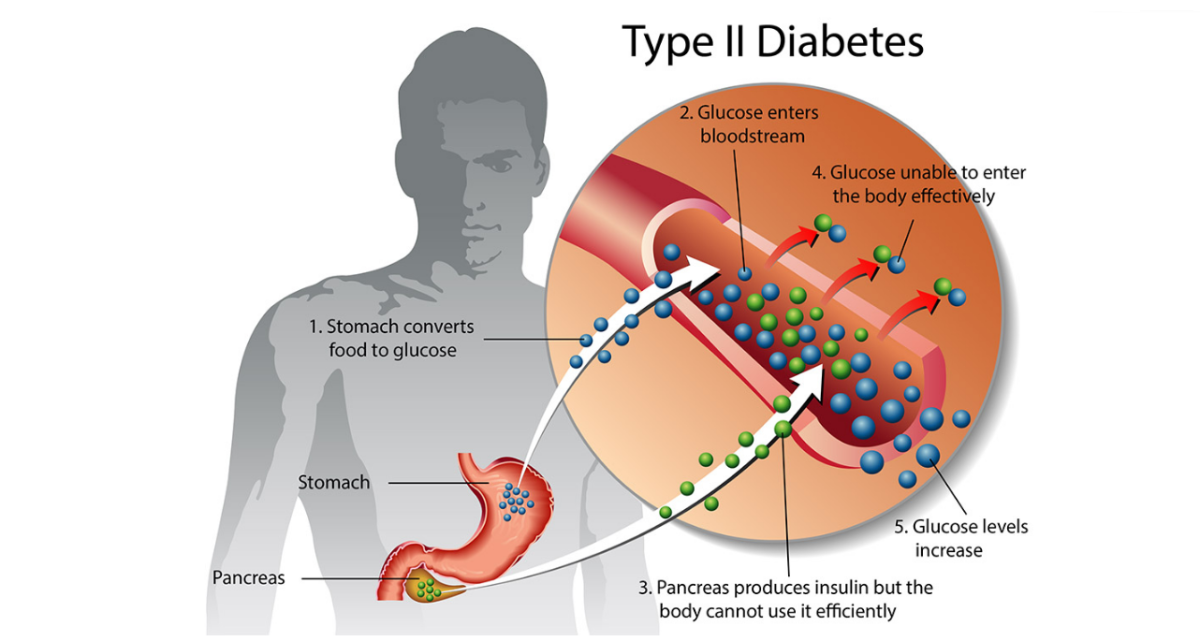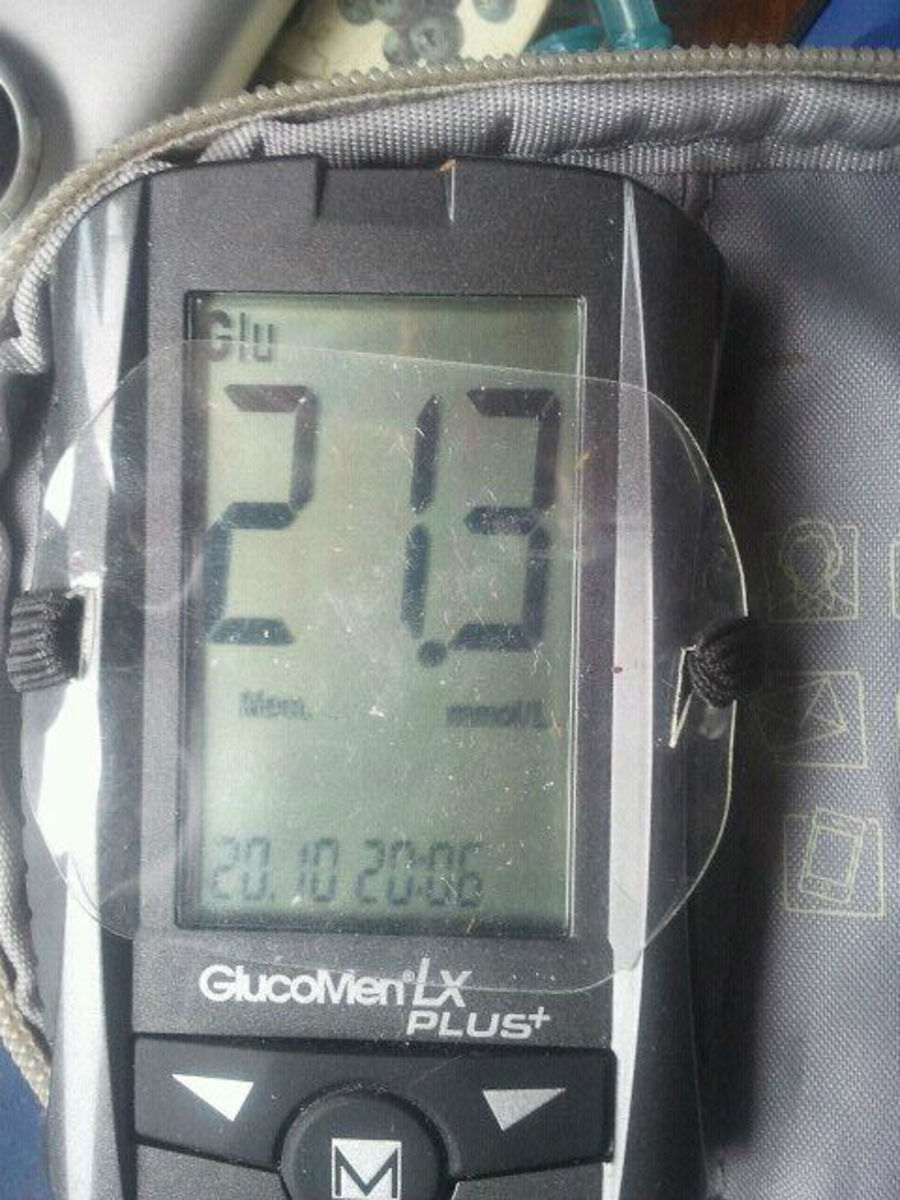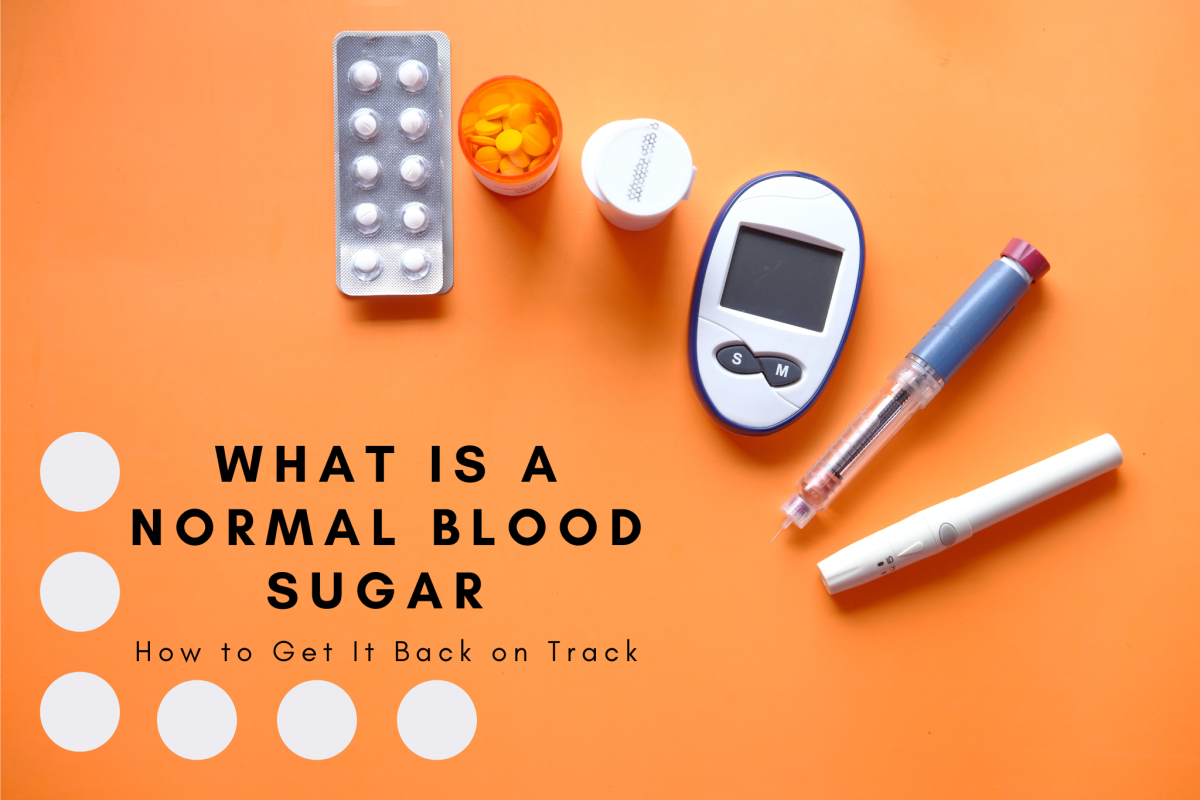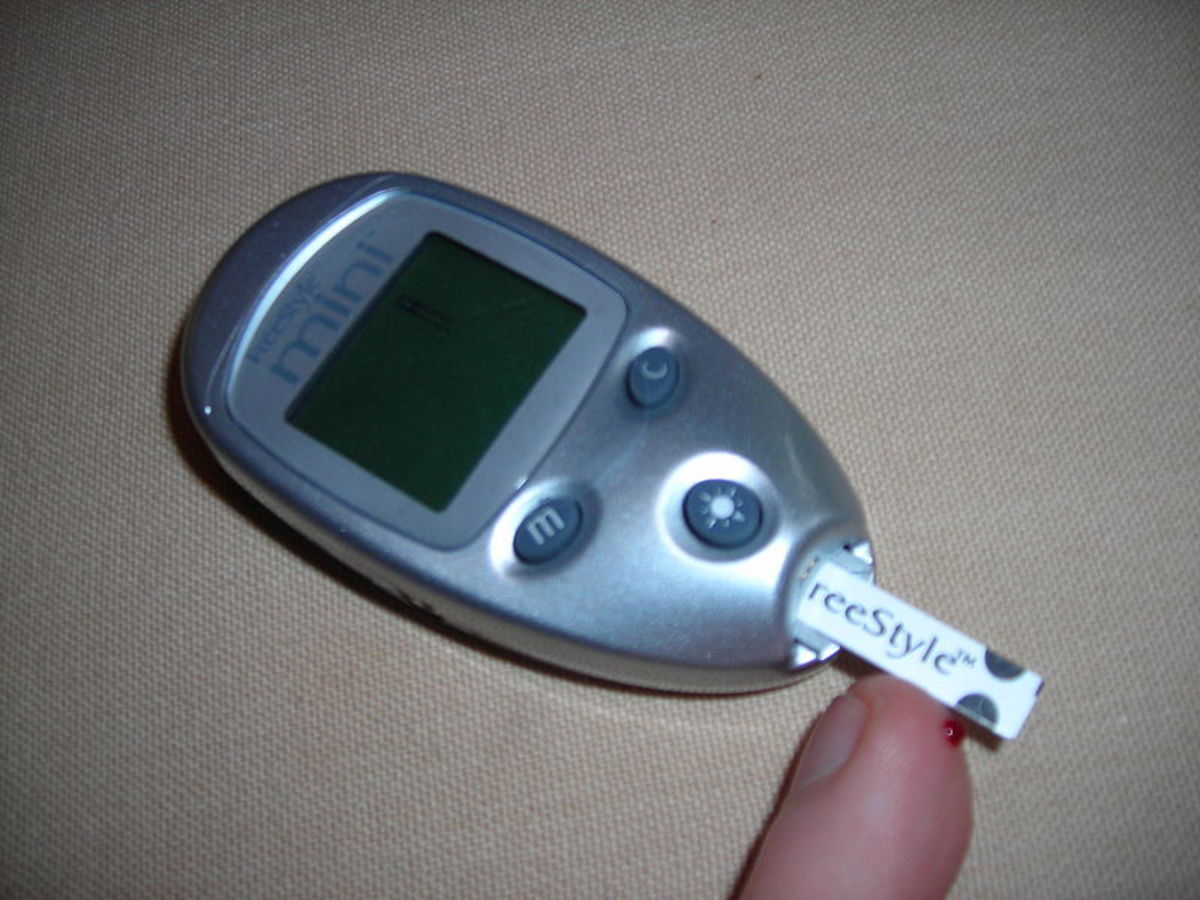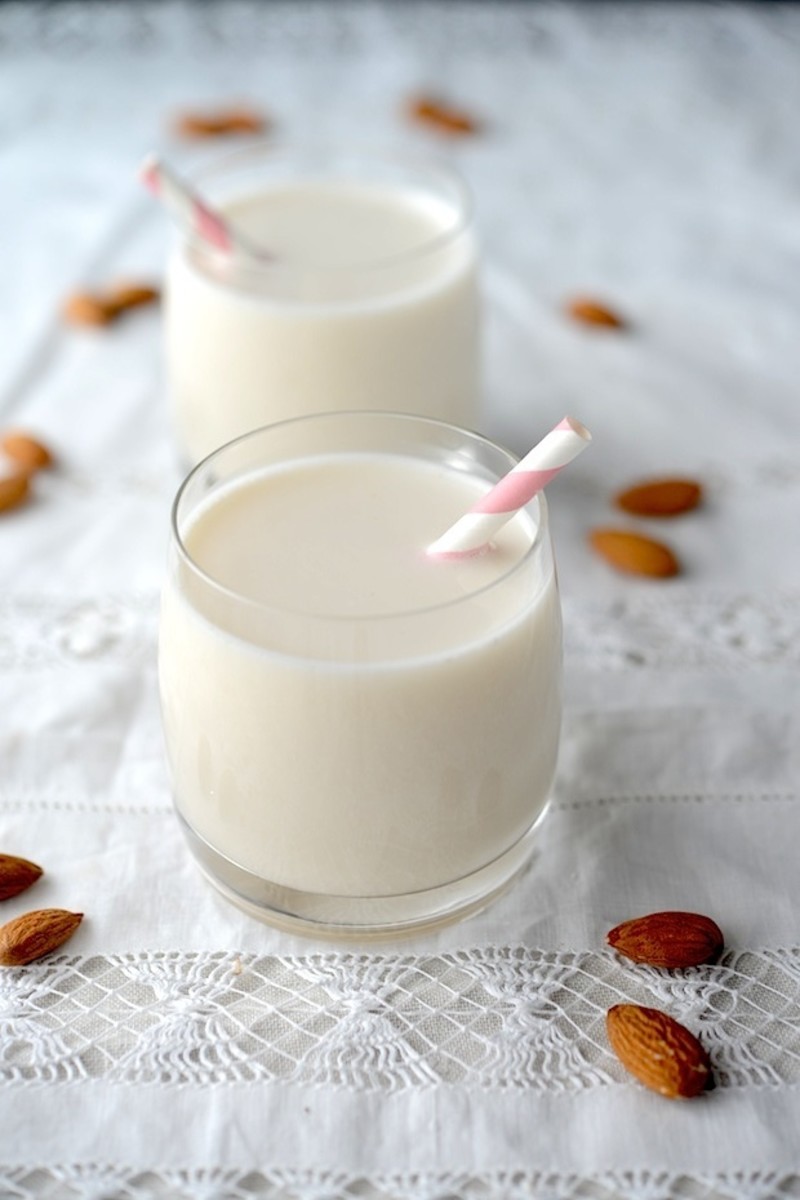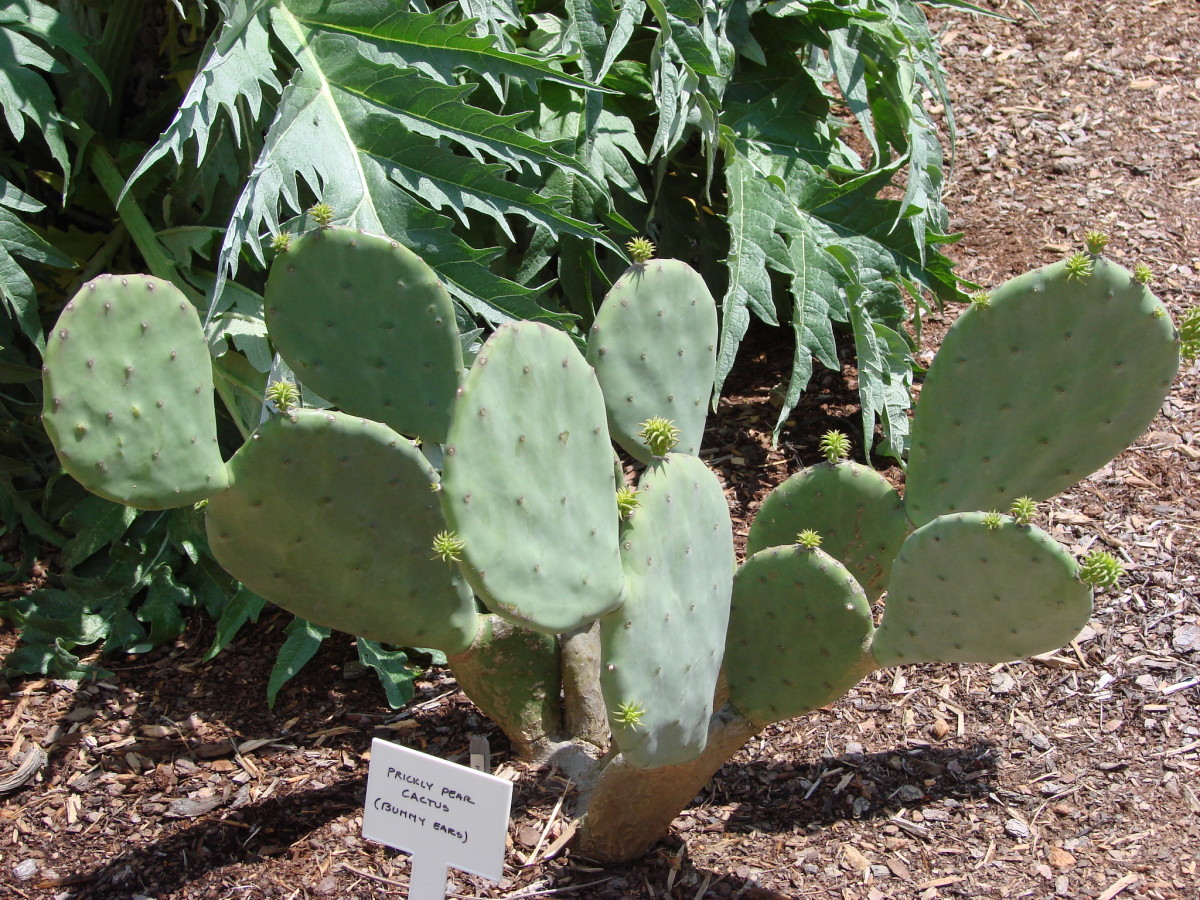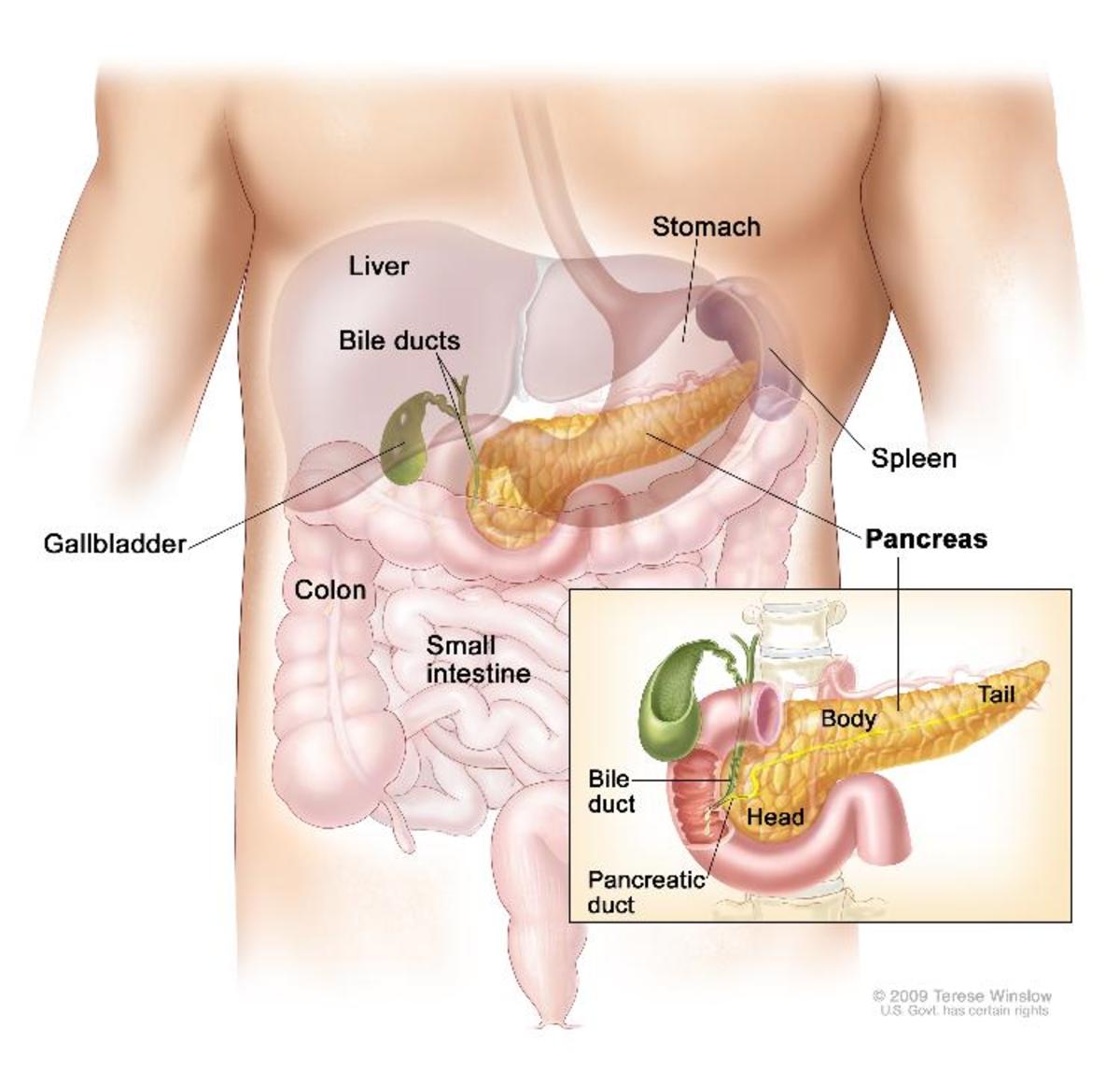Diabetes Mellitus: Unmasking the Risk Factors
Introduction: What Is Blood Sugar Diabetes?
Recently, I went to see my doctor about pain experienced in my feet.
To my alarm, she asked if I had diabetes. Why would she inquire about this?
One of the symptoms of diabetes is foot or leg problems. As
it turns out, I’m not diabetic. However, because I’ve had close
encounters with this disease, I take many precautions on how I live. I
eat carefully and avoid a sedentary lifestyle. In addition, I study
this disease thoroughly to know the enemy. In this article, I will
unmask the enemy and show you how to keep it from attacking your body.
Content
- Diabetes mellitus defined.
- Diabetes: A brief history.
- Medical advances that demystify diabetes.
- Types of diabetes.
- Diabetes at a glance.
- Diabetes, a metabolic disorder.
- Diseases associated with diabetes.
- Symptoms and complications.
- A cure for diabetes.
- Diabetes: a closer look at sugar.
- Insulin, a blood protein that inhibits blood sugar control
- A victim of blood glucose diabetes.
- Why diabetes especially affect Nigerians and others.
- Measures to prevent diabetes.
- Conclusion.
- References.
Medicine for Diabetes
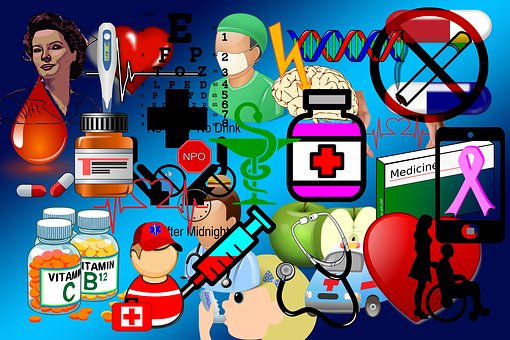
About Diabetes
'Diabetes once diagnosis is for life'.- Dr. Peter J. Watkins.
Diabetes Can Be Treat at a Specialist Hospital
Diabetes Mellitus Defined
A medical definition will help to understand the issues clearer. The Medical News Today defined it thus: 'Diabetes, referred to by doctors as diabetes mellitus, describes a group of metabolic diseases in which the person has high blood glucose, either because insulin production is inadequate, or the body cells do not respond properly to insulin or both'. In other words, high blood sugar plus insulin, rather than insulin alone, can cause diabetes.
Dr. Peter J. Watkins defined diabetes thus: 'It occurs because of a lack of insulin or because of the presence of factors that oppose the action of insulin. The result of the insufficient action of insulin is an increase in blood sugar concentration, (hyperglycemia). Many other metabolic abnormalities occur, notably an increase in ketone bodies in the blood when there is a severe lack of insulin'.
The many metabolic abnormalities are chemical reactions that occur during the ingestion of food and outside of it. It is associated with the liver which controls the blood sugar level. These actions and reactions bypass the commonly known type 1, 2, and 3 diabetes syndrome as we can see in the story later.
Let’s look at the World Health Organization (WHO) definition: 'Diabetes mellitus is a chronic disease caused by inherited and/or acquired deficiency in the production of insulin by the pancreas, or by the ineffectiveness of the insulin produced. Such a deficiency results in increased concentrations of glucose in the blood, which in turn damage many of the body's systems, in particular, the blood vessels and nerves'. This WHO definition falls within the normal diabetes type.
The New Webster’s Dictionary of The English Language International Edition (2004) described the disease as 'characterized by the presence of excessive amount of sugar in the urine and manifested by various metabolic disorders that are caused by an insulin deficiency or by faulty utilization of insulin'.
Two common factors are notable in these definitions: the presence of an inordinate amount of sugar and deficient action of insulin. These two agents trigger diabetes mellitus. This causes sugar to pass out with urine. Plus a number of metabolic illnesses initially confused the medical world. Specialists inferred that sugar is the primary factor. An ineffective action of Insulin, a blood protein hormone is secondary.
Refined White Sugar May Cause Diabetes
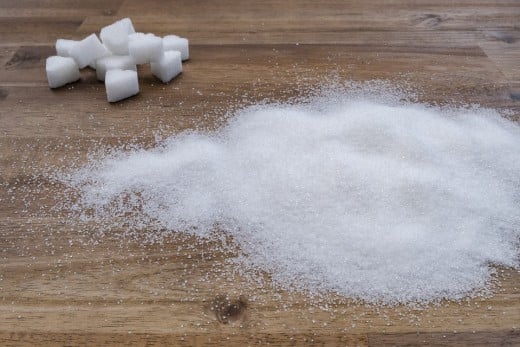
Causes of Diabetes Mellitus
'Diabetes causes vary depending on your genetic makeup, family history, ethnicity, health and environmental factors.
There is no common diabetes cause that fits every type of diabetes.
The reason there is no defined diabetes cause is because the causes of diabetes vary depending on the individual and the type'.- The global diabetes community
Diabetes: A Brief History
Mention is made of polyuria (frequent urination) as being associated with diabetes by the ancients around 1550 B.C.
- Medical practitioners in Ancient Egypt wrote down in the Papyri Eber papers that the disease is a common occurrence.
- Likewise, medical records in India antedates the Egyptians refer to honey in the urine that attracts flies and that 'the disease is one found mainly among the wealthy and immoderate'.
- The Chinese records tell us that urine has a sweet taste that attracts dogs.
- The Greeks who live an austere life were exempted from the illness. However, when they gave way to indulgences like the Egyptians, Indians, and Chinese, 'diarrhea of the urine' became common among them.
- The Arabian doctors wrote of diabetes, especially, the 'honey-like urine'.
- It was during the Renaissance that the overindulgence of the rich, lords, and kings, that refined sugar and carbohydrates were suspect as the factor.
Nowadays, both the affluent and poor can have the disease. It baffled the medical world for a while until clinical advances become the point man for solving a mysterious sickness. There is no common cause of diabetes mellitus. Although the illness is easy to define, medicine has not 'defined' the cause.
6 Medical Advances that Demystify Diabetes
- Advance clinical studies at United Kingdom innovation centers to a better understanding of diabetes.
- Diabetes control and complication trial (DCCT) of type 1 diabetes in the United States.
- The United Kingdom Perspective Diabetes Survey (UKPDS) type 2 diabetes shows how to reduce the disease with good treatment levels.
- The new technology of blood glucose monitoring via, the use of home tools.
- The insulin pens and pumps for life diabetes.
- The introduction of man-made insulin.
All these help to control the blood sugar level and at the same time lessen hypoglycemia.
Types of Diabete
Diabetes is a complicated metabolic disease, which doctors categorize as a type 1, 2, and 3 illness. Type 1 or independent diabetes mellitus (INDM) or juvenile diabetes, the cause of this sickness, is not well known. It affects both adults and children.
Type 2 diabetes shows resistance to insulin The cells of the body fail to respond to insulin in the bloodstream. This is adult-onset diabetes or non-insulin dependence on diabetes mellitus (NIDDM).
Type 3 or gestational diabetes occurs during pregnancy without a previous history of the malady. The other type involves complications of insulin action in the bloodstream. These complications will be our next study.
Diabetes at a Glance
Type
| Specific cause
| Likely Infer Factor
| Affects
| Likely treatment
|
|---|---|---|---|---|
1
| Unknown
| Refined Sugars
| Young persons
| Insulin injection plus a balanced diet
|
2
| Unknown
| Poor diet (refined sugars and carbohydrates) and living a sedentary lifestyle
| Adults and young persons
| Insulin injection and diet
|
3
| Pregnancy?
| Gain in body mass index or big baby?
| Expectant mother or girls
| Resolves after birth
|
Others
| Complications due to insulin action and liver
| Skipping meals
| Persons who skip meals
| Insulin injection or and a plan meal program?
|
Diabetes is an Ischacmic(Ischemic) Heart Disease
'Of the 56.9 million deaths worldwide in 2016, more than half (54%) were due to the top 10 causes. Ischaemic heart disease and stroke are the world’s biggest killers, accounting for a combined 15.2 million deaths in 2016. These diseases have remained the leading causes of death globally in the last 15 years'.-WHO
Diabetes A Metabolic Disorder
Type 1-3 diabetes is well-known and documented. The other metabolic abnormalities are complex. Metabolism of sugar is a primary factor in causing blood glucose diabetes. Therefore, a thorough understanding of metabolism is vital here before digging further into our subject.
What is metabolism? These are the various chemical processes that occur within a living organism to maintain life, food to give energy, helps produce, repair, and replace cells and tissues in the body. It is a process involving the breakdown and conversion of food, by which the body stores the by-products of ingestion. The biochemical actions and activities taking place in the absence of ingested foods, for example, the breakdown of waste products to make energy, is also metabolism. It is a complex phenomenon covering many functions.
Faulty metabolism appears to be suspected in diabetes. Why is this? One faulty metabolism is the 'counter-regulatory mechanism'. Let's recall the fact that insulin control, or lower blood sugar, is a basic function. At the same time, however, insulin can raise blood sugar, though this is not well known. Let’s take an example. When insulin let sugar enter the muscles and cells, it subsequently inhibits the liver to make and storing glycogen. This can result in low blood sugar.
Again, insulin will inhibit glycogenolysis, where the liver breaks down glycogen and is converted to glucose. Here the blood glucose will rise. Insulin will again stimulate gluconeogenesis or “new sugar birth.” From this picture, we see that insulin breaks down animal starch and forms new sugar in the liver. This results in a rise in blood sugar levels. As we are more familiar with type 1-3 diabetes, science has yet to unlock these puzzling facts. There are other metabolisms besides these like lipogenesis, where starch, and sometimes along with proteins are converted to fatty acids. All these actions are silently going in the body.
Let your Mind be Known
Have you suffer or experienced Type 1 , or Type 2, or Type 3 Diabetes?
Insulin Injection for Diabetes
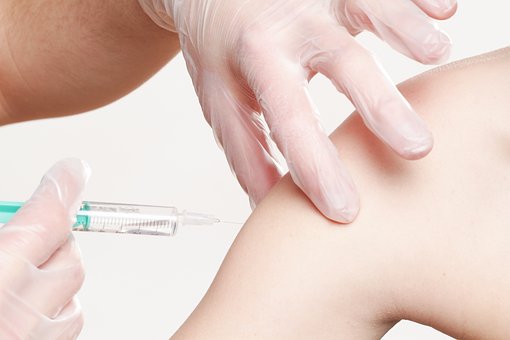
Diabetes Masquerades as Another Disease
'Diabetes is a multifactorial disease'.- Prof S. Steward Truswell
Diseases Associated with Diabetes
Egyptian health records, dating from the fourth century BC, mention the disease. The questions are whether it is one, two, or three diseases due to its baffling health problems. These include:
- Blindness, kidney failure, and disease of the nerves.
- Cardiovascular disease: heart attack and stroke.
- Gangrene, resulting in limb amputations.
- Sexual interference or dysfunction in men.
- A killer disease.
- Mental health problems, such as depression and anxiety.
While it is a single malady, complications and or mismanagement result in so many formats of sicknesses.
Symptoms and Complications
Some of the most common symptoms and complications include:
- Excessive taste, urination, and hunger.
- Extreme weight loss or gain in weight.
- Tiredness.
- Blurred vision.
- Wounds or cuts heal slowly.
- Frequent infections like Virginia, skin, and gums.
Improper care of patients with blood glucose diabetes involves other health complications, such as:
- Foot, eye, and skin problems.
- Heart-related illness, e.g. ischemic heart disease, where the supply of blood to the heart muscles becomes less.
- Hypertension, e.g. stroke.
- Mental illness, e.g. depressions.
- Gum disease.
- PAD (peripheral arterial disease) e.g. pain in the leg and problem walking. My doctor inferred this during the consultation.
A Cure for Diabetes
If you suspect that you may have diabetes, consult your physician immediately.
The WHO recommendation is:
- Diet and nutrition in case drugs are disregarded. Fortunately, I eat fish along with semi-ripe mangoes with skins during my ordeal.
- 40% of the patients may require non-insulin and another 40% are insulin dependent via, insulin injections.
- Type 1 patients depend mostly on insulin injections daily for life.
- Type 2 patients are the majority, but 1/3 of these require insulin injections to control their blood glucose levels.
- Insulin as listed by the WHO as an essential drug 'is unavailable and unaffordable' in third-world countries.
Which do you choose? To prevent or treat the disease? The obvious opinion is to avoid this disease. 'Diabetes is a serious and costly disease, however, they are ways of preventing and/or controlling its progress', says the WHO.
When I first experienced the illness, I can beat my chest and said like Dr. Milton J. Brothers wrote that I am 'one of the fortunate 20% who for some unknown reason remain free of complications and one of the additional 40% whose complications are not very severe'.
When I became a victim, it seems within two days of the disease left me. Luckily, mother nature came to my help, because I was passionate about green health, proper diet, and exercise. The treatment that achieved my healing is diet. On the day I ceased frequent urination, I noted well I eat plenty of fish with some semi-ripe mangoes. I covered this topic in one of my published articles, 'How Green Mango Control Diabetes Mellitus'. Taking my advice, diet and nutrition play a vital role in warding off the disease.
Green Mango Fruits
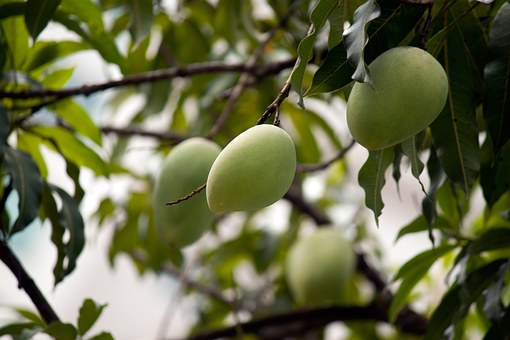
A Good Meal Against Diabetes

What Diabetes Mellitus all about
Diabetes: A Closer Look at Sugar
Sugar is food, though the body does not require much of it. During digestion, sugar releases energy for the muscles, brain, nervous tissue, and cells. Sugar even helps you to eat. The quality, not the quantity of sugar eaten, makes all the difference. We can identify two types of sugar: brown sugar, which includes molasses, and refined white sugar. Remember that sugar falls within the carbohydrate class of the food.
Sugar comes from the sugarcane stem, the sugar beet, and the sugar palm. Factories first extract the juices from these foods, then filter, purify, evaporate, and refine the juice. The final product becomes white table sugar in cubed or granulated form. Crude or brown sugar also comes from sugar juice. It is a potential food nutrient. It contains protein, vitamin B-complex, and mineral matter.
Let’s look at the group of sugars. We will look at them under complex and simple sugars. The first is sucrose, a complex sugar. This is the sugar obtained from a crude or refined source, well known as table sugar. Lactose or milk sugar comes from animal milk. The second is glucose and fructose simple sugars. These derive from ripe fruits, such as grapes. Table or refined white sugar and its by-products, whether regarded as food or not, have no positive nutritional value. Complex or unrefined sugars and starches should be preferable.
Digested complex sugars and starches release energy slowly and steadily into the bloodstream. White sugar, on the other hand, rushes into the bloodstream and spikes it, producing the 'sugar buzz'. All simple sugars from fruits and vegetables will work like brown sugar. The large, concentrated amount of glucose sugar in the bloodstream is the result of refined sweet sugars. For example, sweetened fruit juices and mineral drinks. Sugars find their way into canned soups, stews, tomatoes, ketchup, and much more.
Therefore, when insulin enters the bloodstream to help digest sugar, concentrated refined sugars and carbohydrates fight back. It is better and safer to eat complex sugars and carbohydrates. Complex whole fruits contain natural sugars and starches. All the natural complex fruits and carbs contain limited protein, minerals, and vitamins. These boost digestive action. Those in the refined sugars are added synthetic chemicals that lack catalytic action.
In the subject, 'Diets for treating diabetes'. Prof. Truswell offers that there is no evidence that sugar causes diabetes. However, he observes that between 1900-2000, carbohydrate consumption for diabetic persons was restricted to 40%-50% in favour of complex carbs with restricted sugar, and lower glycemic index (GI) foods. Low GI foods are very low in sugar. One teaspoonful of granulated white sugar is 10 g. Use half in a cup of tea or coffee. Otherwise, use one teaspoonful of wild honey in your tea. The only time you may need a quantity of sugar is after over-exertion and fainting.
Brown Sugar Controls Diabets
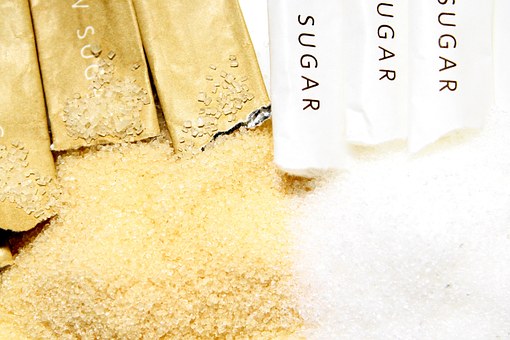
Adding Sweet Sources to Fruits can Factor Diabetes

Insulin A Blood Protein That Inhibit Blood Sugar Control
Insulin is a blood protein hormone. Rare are persons who do not secret the hormone when eating. It is released as pancreatic juice during digestion from the pancreatic via, the islets of Langerhans. When sugar enters the bloodstream, insulin is also released to help the body used the sugar for energy. Too much sugar is converted and stored as fat under the body as an insulating layer. The remaining excess is sent out of the body via, the liver. Any remaining concentration triggers diabetes action as said above. Remember insulin function is to control the blood glucose level.
A Victim of Blood Glucose Diabetes
Type 2 diabetes is a serious disease. I became a victim at 16.
I was a second-year secondary grammar school student at Okrika Grammar School, Okrika via, Port Harcourt, Nigeria.
By the middle of the school term, we had to go on a mid-term break. Few students stay behind to enjoy some sort of freedom.
On Saturdays, breakfast consists of bread, cooked eggs, milk, tea, sugar, and some oranges. As the student population is now few, rations become more than normal. For example, a packet of sugar on this day is shared by me and two other boys, whereas, it is allocated to 25 boys at least. I think I put 17 cubes into my cup of tea!
Then the ordeal of frequent urination began. I would drink a cup of water, and I would immediately urinate. This goes on for some time, day and night. Public Hospital is closed on Saturdays. Come Sunday, I was still urinating. By 1.30 PM, the urination stopped.
I Suffered Diabetes at OGS Okrika
Fresh Fish Resolves Diabetes
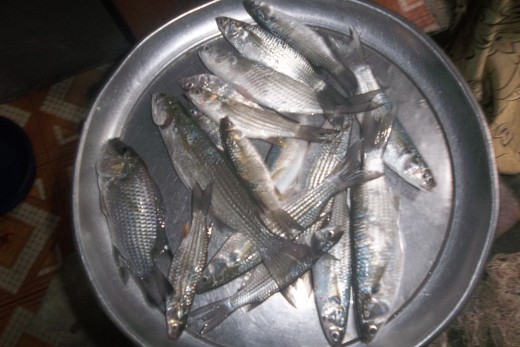
Why Diabetes Especially Affects Nigerians and Others
Perhaps, adult diabetes is not a serious issue? In a recent workshop held at the University of Novena, Ogume, Delta State of Nigeria, Dr. Ezekiel U. Nwosu of Charles Sturt University Australia, and Professor Ifoema of the University of Nigeria, Enugu campus linked diabetes to 'a metabolic syndrome that predisposed to heart disease'. These two professionals were talking in a workshop seminar, 'Bringing Research in Diabetes to Global Environment and Systems (BRIDGES'. This is held in conjunction with the International Diabetes Foundation (IDF) and the Global Medical Research and Development Organization (GMRDO). It was noted that diabetes in Nigeria is on the increase and effective management has had very poor results The World Health Organization (WHO) corroborates this by noting that since 2016 the illness has risen to 422 million adults. The factoring problems are the lack of preventive measures; and the problem of obesity. No wonder, that BRIDGES and GMRDO enlightenment campaign in Nigeria, advises people to be involved in exercise workouts and check their diets.
So what are the dietary opinions to consider? Our blood always needs glucose. In addition, it has to be in our diets regularly. Starve the body of this vital nutrient, and you hinder the functioning of the muscles, brain, tissues, and cells. Sugar is the primary fuel of these organs. If you doubt this, do not eat any starch (carbs) again. Starches are essential to maintaining good health.
Nevertheless, diabetic persons seem to consume more refined starch than other foodstuffs. They should strive for a balance. They should eat more high-quality proteins sourced from animals, fish, and birds. This can be supplemented with vegetable proteins like seeds and nuts, and fruits high in dietary fibers. A diabetic should eat fewer fats. However, proteins are expensive foods. Fish food, which the body can easily digest and absorb, could not be expensive.
Measures to Prevent Diabetes Mellitus
- Eat healthy foods: this includes complex sugars, starch, and vegetables, including fruits and herbs. These contained nutritive food values that enhanced digestion and good health.
- Avoid overindulgence: eat healthily. Eat to keep fit and nourish the body instead of loading on fats.
- Avoid excessive weight gain: balanced your diet with more protein, fruits, and vegetables. Too many carbs and fats will increase your body mass index. Instead, aim to gain muscular weight.
- Be physically active and engage in regular physical exercises. If possible, join a fitness club. This will help to trim your figure for a slender and firm body. Exercises like walking, jogging, swimming, and cycling are good for diabetes; and can help prevent the sickness from occurring.
Healthy Vegetables for Health

Jog Against Diabetes

Conclusion
It is up to each adult to be aware of the menacing effects of blood glucose diabetes. Practical steps to prevent the disease are more desirable to seeking a cure after diagnosis Parents should teach their children good eating habits and lifestyle. We should make less use of refined sugars and carbohydrates.
References
- Wikipedia: diabetes mellitus
- Symptoms and complications of diabetes
- Diabetes: New Look at an Old Problem, by Bertrand E. Lowenstein, MD & Paul D. Roger, Jr. Topic: How to recognized the two main types of Diabetes, Harper & Row Publishers.
- For History of Diabetes, Diabetes: The New Approach, by Milton J. Brothers MD, Crosset & Dunlap, New York.
- Definitions:
(a) ABC of Diabetes By Dr. Peter J. Watkins, BMJ Books, London.
(b) The New Webster Dictionary of The English Language International Edition (2004).
(c) Online resources: The World Health Organization
(d) MedicalNewsToday:
6. Health and Nutrition:
(a) A Consumer’s Guide to Good Eating by Sheila Bingham (Corgi Books), Subject: Starch, Sucrose, Glucose, Health food, and Carbohydrates.
(b) Health Science & Physiology for Tropical Schools by F. Daniel, Oxford University Press, Subject: Food and Nutrition.
(c) ABC of Nutrition, by A. Steward Truswell, BMJ.Books. Subject: Therapeutical Diets-diet for treating diabetes.
7. Nigerian Newspapers: Title: “Why Nigerians Suffer Diabetes”-The Sunday Telegraph, Sunday, June 24, 2018.
8. World Health Organization News
© 2018 Miebakagh Fiberesima

